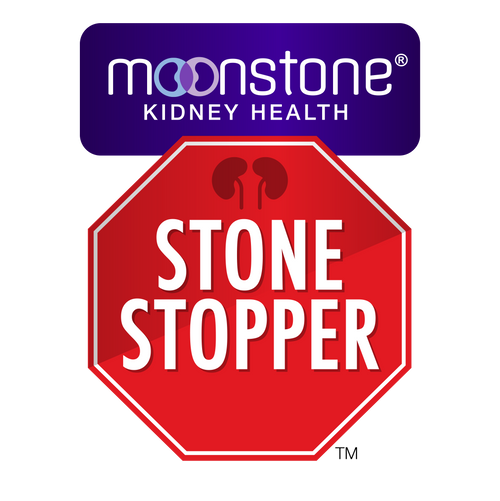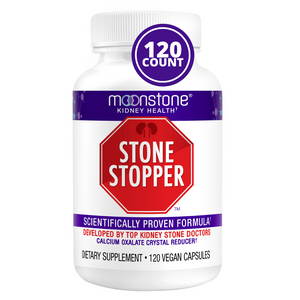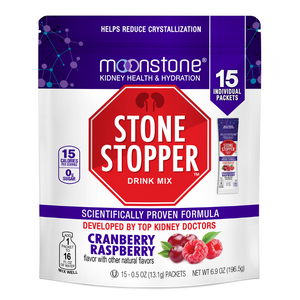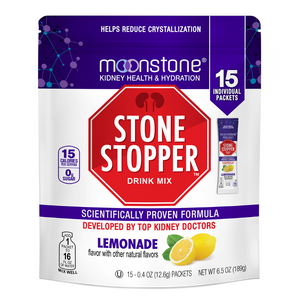Supplements and Kidney Stones: What You Need to Know
Kidney stones are a common and painful condition, often associated with dietary and lifestyle factors. While most people focus on foods that might contribute to stone formation, certain supplements can also play a significant role. Understanding which supplements may increase your risk of kidney stones is crucial for prevention.
Vitamin C: The Primary Culprit
Among the various supplements, vitamin C stands out as the most strongly associated with kidney stones. When consumed in high doses, vitamin C (ascorbic acid) is metabolized into oxalate. Oxalate is a compound that can combine with calcium to form kidney stones, specifically calcium oxalate stones, which are the most common type. Although moderate intake of vitamin C from food sources is generally safe, excessive supplementation, particularly doses exceeding 1,000 mg per day, can significantly increase the risk of stone formation.
Vitamin D: A Risk for a Select Few
Vitamin D is essential for calcium absorption and bone health, but in very high doses, it can also contribute to kidney stone formation. This risk is particularly pronounced in individuals with rare genetic mutations that affect vitamin D metabolism. These mutations can lead to higher levels of calcium in the blood (hypercalcemia). This, in turn, increases the likelihood of calcium-based kidney stones. While most people can safely take vitamin D within recommended limits, those with a predisposition or a family history of kidney stones should be cautious. Consulting with a healthcare provider before taking high-dose supplements is crucial.
Calcium Supplements: A Double-Edged Sword
Calcium is often recommended for bone health, particularly for postmenopausal women, but it can be a double-edged sword when it comes to kidney stones. These calcium supplements, when not taken correctly, may contribute to stone formation. The key is timing: taking calcium supplements with meals can help bind oxalate in the gut. This reduces its absorption and, consequently, the risk of kidney stones. However, taking calcium supplements on an empty stomach or in excessive amounts can increase urinary calcium excretion, which may lead to stone formation.
Conclusion
While supplements can provide significant health benefits, it's important to use them wisely, especially if you are at risk for kidney stones. Vitamin C, vitamin D, and calcium supplements have all been linked to kidney stones under certain conditions. To minimize your risk, adhere to recommended dosages. Additionally, take supplements with meals when appropriate. We recommend consulting with a healthcare professional, particularly if you have a history of kidney stones or other risk factors.






2 comments
Thanks that is great information. Explained better than my doctor did!
Good information.